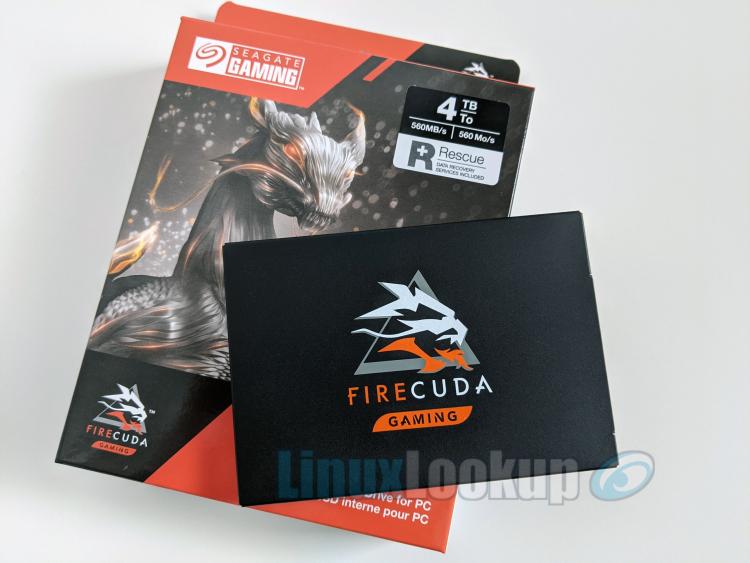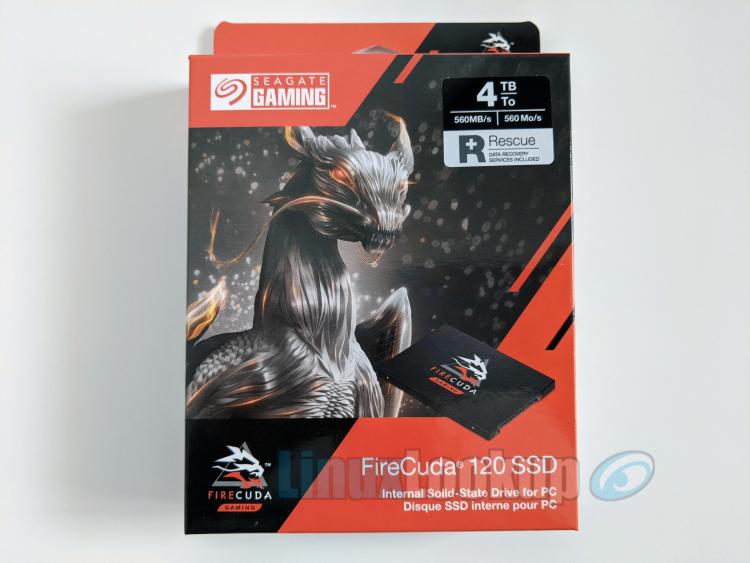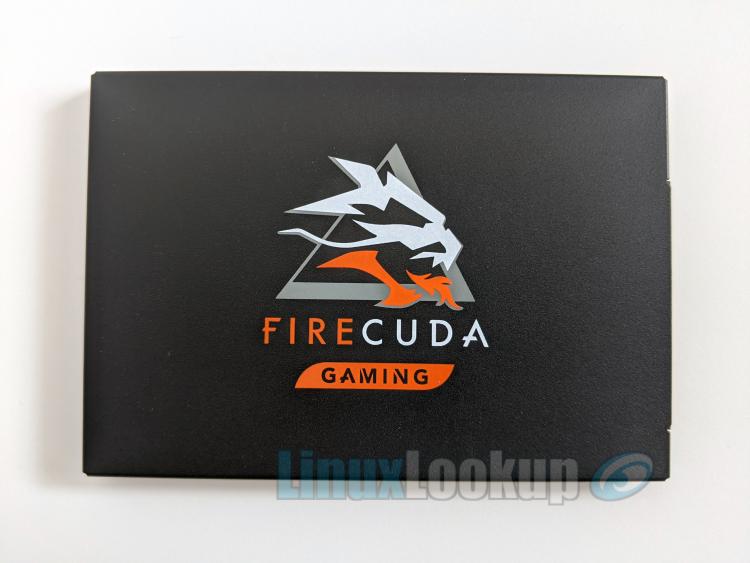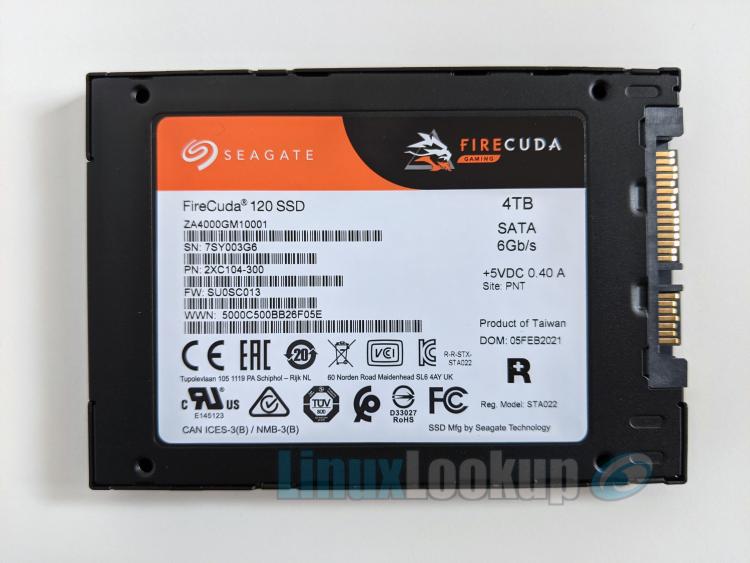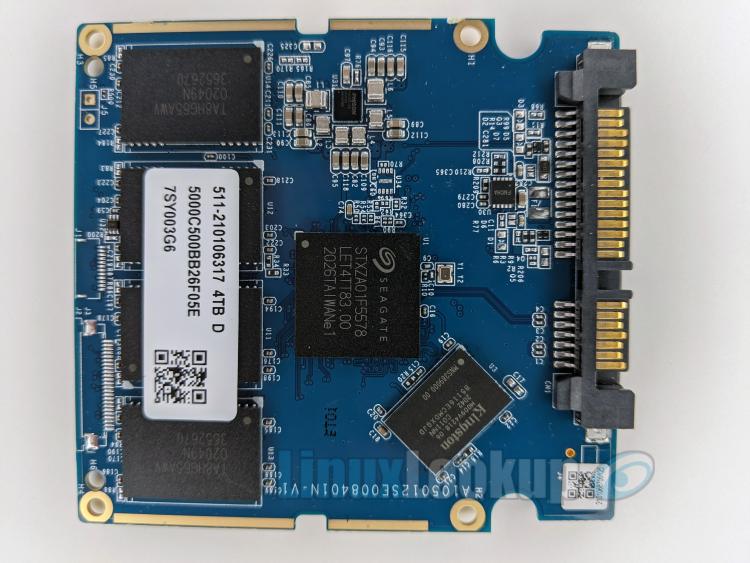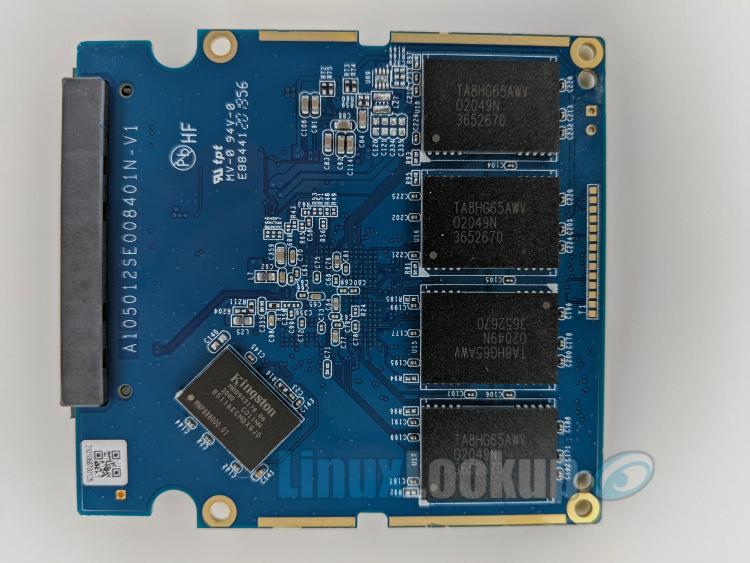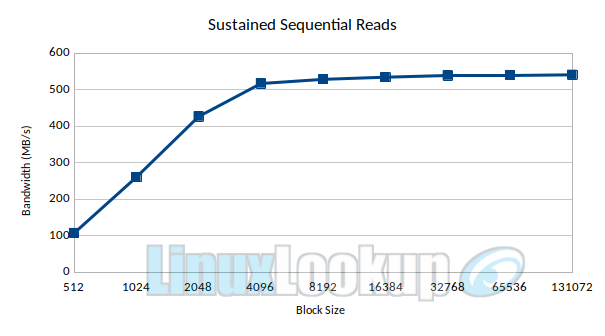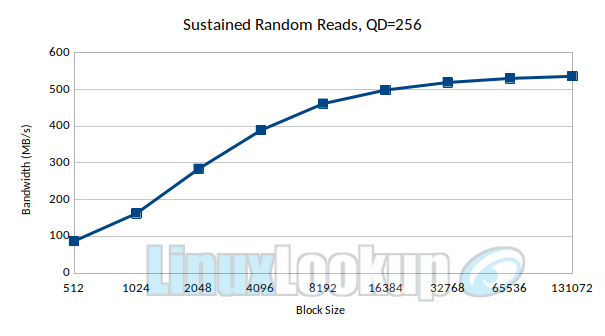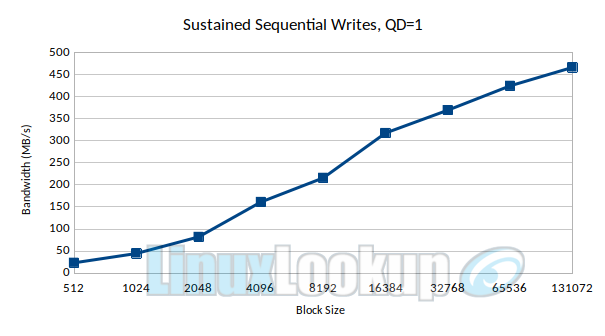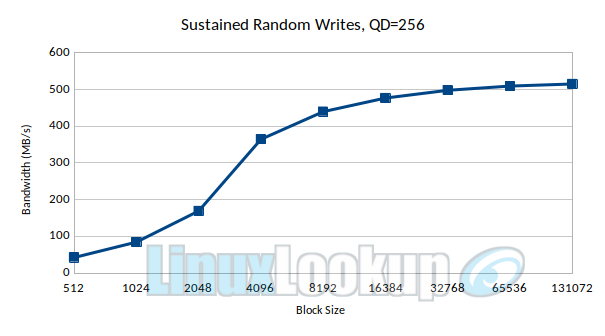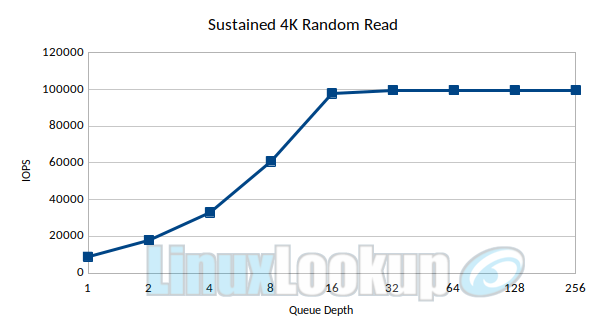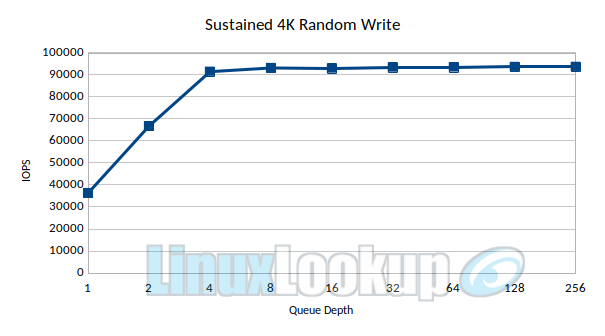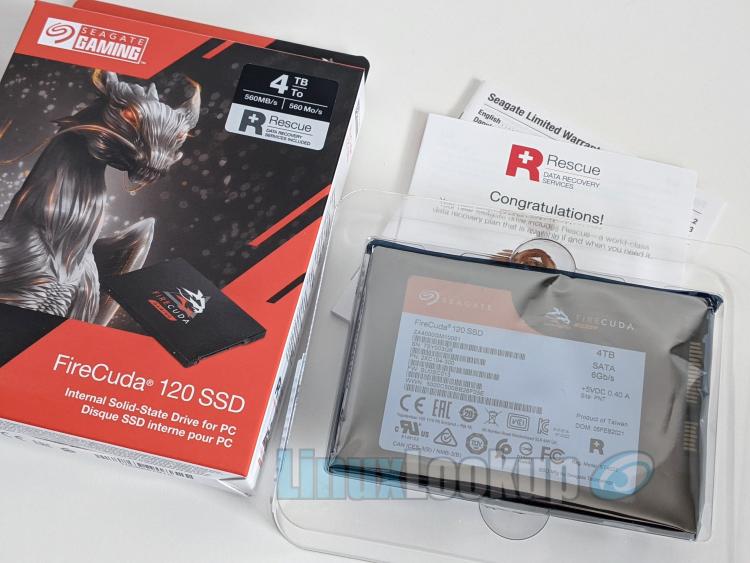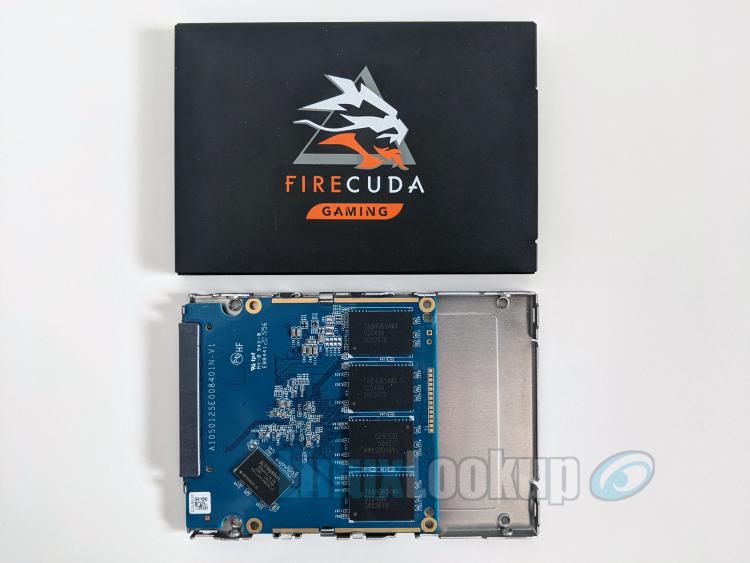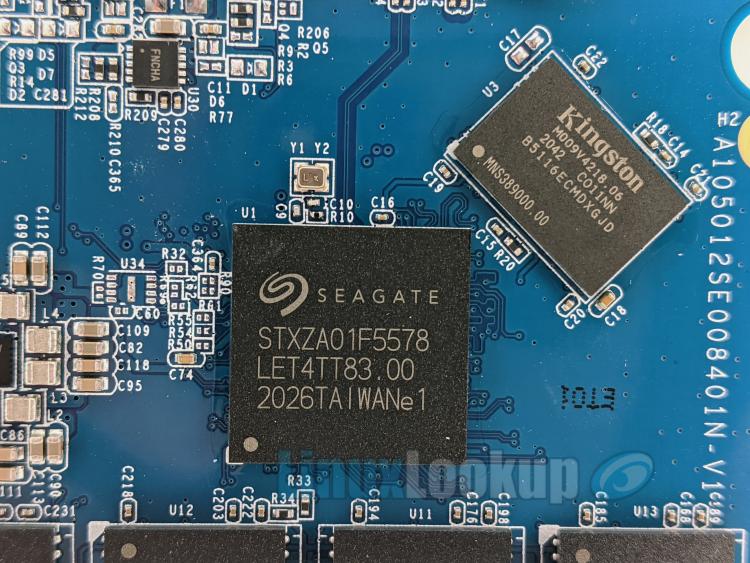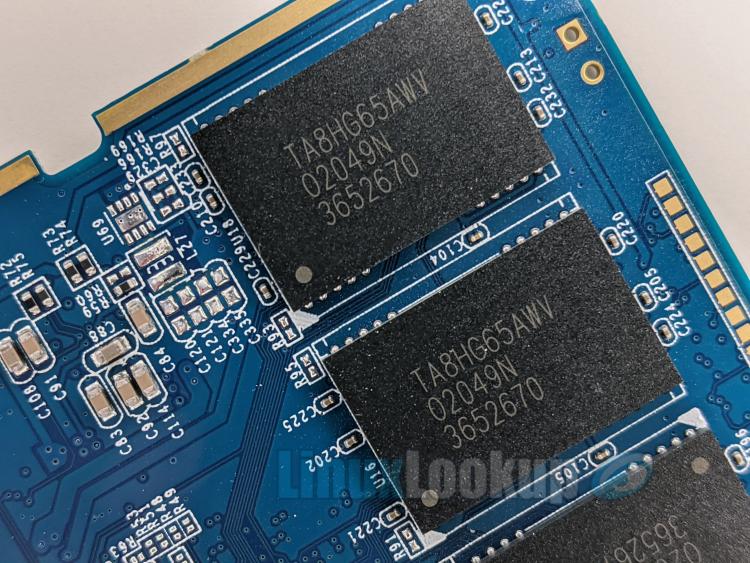Seagate FireCuda 120 4TB SSD Review
The Seagate FireCuda 120 is a specialized Solid State Drive (SSD) categorically targeted towards PC gaming.
Designed to maximize performance of SATA III, this spacious 4TB capacity SSD offers exceptionally high endurance ratings that should appeal to all consumers beyond expanding their gaming library.
Seagate's FireCuda 120 Series SATA SSD is available in four different capacities, 500GB, 1TB, 2TB and this substantial 4TB model — current online retail pricing is $74.99, $129.99, and respectively.
I appreciate aesthetics and really applaud what Seagate has done with their branding in recent years.
Not only does the FireCuda dragon logo quickly aid in identifying product line, it also adds an artful touch to the matte black drive housing. This may be appealing to individuals showcasing their hardware with a tempered glass case.
The FireCuda 120 SSD is a 2.5-inch x 7mm form factor with SATA III (6Gb/s) interfacing.
We've seen other SSD brands with decreasing performance ratings as you go down in capacity, not Seagate though, the performance rating across all four Seagate FireCuda 120 models is identical regardless of which drive capacity you choose. Quoted to deliver 560MB/s sequential read with 100,000 IOPS and sequential write performance up to 540MB/s with 90,000 IOPS.
For those seeking superior performance, the FireCuda Series also offers NVMe M.2 SSDs in 500GB, 1TB and 2TB capacities with the FireCuda 510 (PCIe Gen3) or FireCuda 520 (PCIe Gen4) models.
Looking inward at the Printed Circuit Board (PCB) we identify a Seagate STXZA01F5578 controller which is a custom version of the Phison PS3112-S12, an 8-channel flash controller with TLC support.
Downward is one of two Kingston B5116ECMDXGJD 8Gb density DDR3L-1866MHz for caching and four Toshiba/Kioxia TA8HG65AWV BiCS4 (Bit-Cost Scalable Generation 4) 96-Layer TLC flash packs.
Reverse side of the PCB has the second Kingston B5116ECMDXGJD and the other four Toshiba/Kioxia TA8HG65AWV packages amounting to 4TB of NAND Flash Memory.
The Seagate FireCuda 120 4TB model has a calculated Life Expectancy or Mean Time To Failure (MTTF) of 1.8 million hours. This equates to 0.767 Drive Writes Per Day (DWPD) or 3068.493 Gigabytes written per day (GB/day) for 5 years. All backed by a Limited five-year warranty along with three-years of Seagate Rescue Data Recovery Service.
Features
Highlight summary:
- Error Correction Code (ECC)
- Wear Leveling
- Bad Block Management
- TRIM Support
- Self-Monitoring and Reporting Technology (SMART)
- Over Provisioning
- SLC Caching
- 5 year limited warranty
Specifications
- Type: 2.5-inch
- Height: 7mm
- Flash Controller: Seagate STXZA01F5578
- Flash Type: Toshiba/Kioxia TA8HG65AWV
- Serial ATA: Transfer rate 6Gb/s (backwards compatible with 3Gb/s)
- Temperature: Operating (0°C to 70°C) Non-operating (-40°C to 85°C)
- Acoustics: 0dB
- Mean Time Between Failures (MTBF): 1.8 million hours
- Total Bytes Written (TBW): 5600TB
Performance
Performance testing was done under Ubuntu Ubuntu 20.04.2 LTS (Focal Fossa). Factors affecting performance include: Capacity of the drive, interface of the host and overall system performance. Your results may vary.
Test System
- Processor: AMD Ryzen 7 5800X Eight-Core @ 3.80GHz (8 Cores / 16 Threads)
- Motherboard: ASUS ROG STRIX X570-F GAMING
- Memory: 64GB DDR4
- OS: Ubuntu 20.04
- Kernel: 5.8.0-48-generic (x86_64)
- Interface: SATA 6Gb/s
- SSD Firmware Version: SU0SC013
We have revised how our SSD benchmarking is performed and no longer benchmark the drive while in a Fresh-Out-of-Box (FOB) state. FOB typically is how manufactures specify I/O performance in advertising because the drive has yet to endure any sustained workload and initial performance benchmarks from a FOB state will result in uncharacteristically high measurements.
To provide more accurate measurements we precondition the drive to a Steady state before running our benchmarks. Steady state is achieved by issuing a set of random and sequential preconditioning operations. Though this process takes several hours, the benchmark results are more consistent and produce real-world values.
Advertised performance
- Model: ZA4000GM10001
- Sequential Read: 560 MB/s
- Random Read: 100,000 IOPS
- Sequential Write: 540 MB/s
- Random Write: 90,000 IOPS
Sequential Reads compared to Random Reads with Identical Block Sizes
Sequential Writes compared to Random Writes with Identical Block Sizes
4K Random Read Performance with Varying Queue Depths
4K Random Write Performance with Varying Queue Depth
Timings of device Reads
This measurement is an indication of how fast the drive can sustain sequential data reads under Linux, without any filesystem overhead. Timing buffered disk reads: 1430 MB in 3.00 seconds = 476.57 MB/sec.
Gallery
Conclusion
The Good - Pros- Good overall performance
- Spacious 4TB capacity
- Aesthetically pleasing housing
- Exceptional endurance rating
- Includes three-year Data Recovery Service
- Five-year limited warranty
The Bad - Cons
- N/A
The Ugly - Issues
- N/A
The Verdict - Opinion
The Seagate FireCuda 120 4TB SSD is currently at a premium price-point in comparison to some other popular 4TB Solid State Drives, but once you factor in performance, longer warranty (five-year) period and exceptional endurance rating — FireCuda 120 4TB SSD is an outstanding option for individuals seeking a reliable high-capacity SATA SSD.
